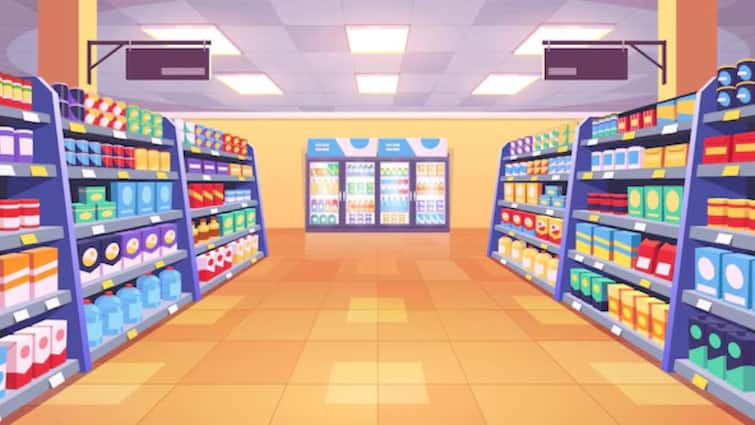Consumers will start getting FMCG products at reduced prices only by early or mid-next month, as goods take time to reach markets with the new MRPs, Godrej Consumer Managing Director and CEO Sudhir Sitapati has said.
The reduction of tariff to 5 per cent has also created “some short-term disruptions”, as the industry operates on an MRP regime, and dealers and companies are sitting on stocks with high MRPs, he added.
“The FMCG sector operates on an MRP regime, and stocks that dealers and companies are sitting on today are at higher MRPs. Simply passing on money to trade does not guarantee that it reaches consumers directly. It will take a little time before new MRPs flow into the market,” he said.
“By early or mid-next month, consumers will start seeing reduced prices on FMCG products,” he pointed out.
The all-powerful GST Council last week decided to reduce taxes on most of the common-use goods as part of the government’s measure to boost consumer spending, including hair oil, soap, face powders, shampoos, toothbrushes, and toothpaste and food items.
The new structure of goods and services tax (GST) will come into effect on September 22. However, Sitapati hinted that it might take a longer time to implement it.
“September may, therefore, be somewhat choppy, with pipeline changes and stock adjustments, but this is temporary,” he said.
Besides, Sitapati also expect stronger growth momentum from Q3 onwards.
GCPL operates in the soap segment with brands like Cinthol and Godrej, and about 35 per cent of its revenue comes from this segment.
In this category, the Godrej Industries Group FMCG arm has been growing volumes at about 2 per cent a year for the last four to five years.
“With the GST cut, the category growth may go up by a couple of per cent,” said Sitapati.
More importantly, because soaps are a reasonably large part of household expenditure at the bottom of the pyramid, this will free up money for consumption in other categories as well, he added.
“One of the advantages of GST rationalisation is that not only the categories where rates have been reduced will benefit, but even categories where GST has not been reduced will see an uptick, as the overall available spend on consumption and discretionary expenses goes up. So, we are bullish not just on soaps, but across our portfolio,” he said.
With the rationalisation of GST, the current fiscal year will be better than what was previously envisaged.
“While near-term factors, such as heavy rainfall in parts of the country, did cause some disruption, the GST changes will have a far greater impact on shaping demand in the months ahead,” he said.
(This report has been published as part of the auto-generated syndicate wire feed. Apart from the headline, no editing has been done in the copy by ABP Live.)



